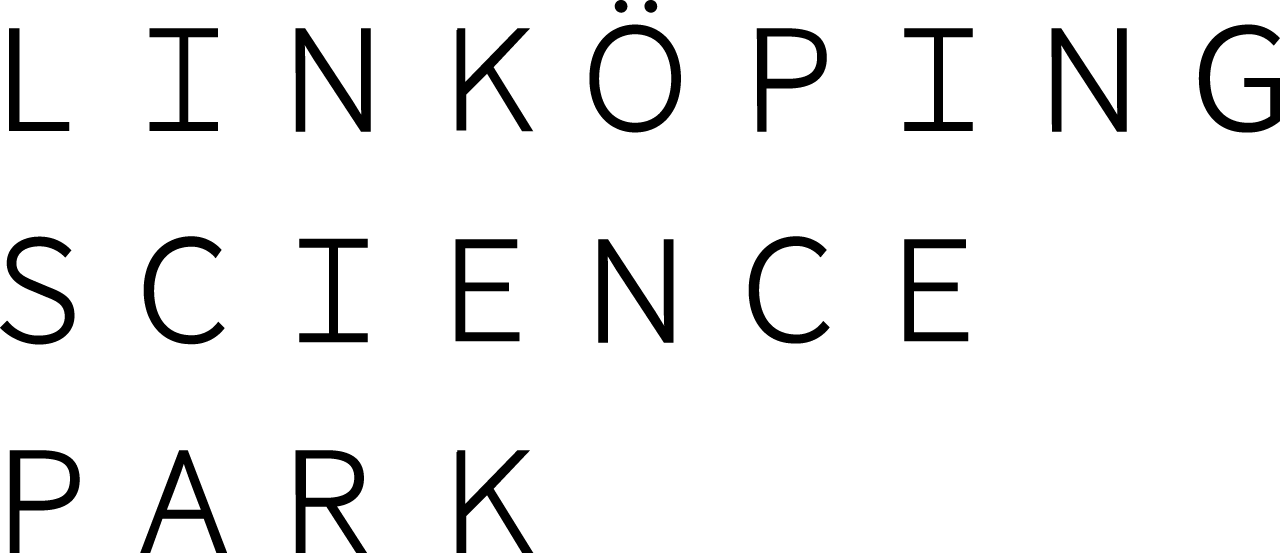
Torbjörn Kronander, CEO and co-owner Sectra
Again and again, Sectra develops technologies that the world adopts. The company’s unique encryption technologies give governments and defence forces the ability to monitor secure mobile phone calls. Its data security solutions protect society’s critical infrastructure. Its digital image systems are used by radiology clinics worldwide, and its medical image management platform improves the efficiency of healthcare delivery. And saves lives.
Sectra is one of Mjärdevi’s, Linköping’s, and Sweden’s leading tech companies. With world-leading encryption systems, data security, and medical image management, the company has achieved a turnover of more than SEK 1 billion. Sectra is also one of the few modern companies that has succeeded in growing organically. At the same time, the company stands out with its sky-high ranking in international quality ratings and praise for its customer satisfaction levels. Perhaps it is rather telling that Torbjörn Kronander, CEO and co-owner, says that their success is, in fact, primarily a consequence of a good company culture, soft values, and above all sound recruitment.
A point blank “corporate no”
In the same humble tone of that comment, Torbjörn tells the story of how one of Mjärdevi’s largest companies actually got started by chance. About when cash machines were introduced in 1978, how the banking sector was crying out for encryption technologies that basically did not exist, or at least there were very few people who knew anything about encryption. The exception was researcher Ingemar Ingemarsson and his PhD students at the new university in Linköping. Ingemarsson was studying data security and digital encryption. It was not possible for banks to fund wide-ranging research, and the reply to a request from the research group to work for the banks was a point blank no, explains Torbjörn. But this was not the end of the story. To clinch this exciting project, Ingemarsson and his colleagues instead formed a consultancy. The company was named Secure Transmission – shortened, of course, to Sectra.
A revolutionary digital solution
Jan-Olof Brüer, a newly qualified doctor in Information Theory, became CEO of the fledgling consultancy in the early 80s. At about that time, Torbjörn was recruited as a consultant. Jan-Olof is determined to turn Sectra into a “real company”, with employees and with product and system sales. Sectra expands and develops successful products, including encryption equipment for defence forces. With Torbjörn’s appointment to a full-time position in 1989, the company enters a new area – medical technology. Torbjörn has a doctorate in image transfer and Sectra’s first project in the new field is to develop technologies for sending X-rays over communications networks.
“At the time, X-rays were driven miles by taxi to radiologists. Most computers didn’t even display images, but we were good at compressing images and managed to construct an image transfer system. The next step was to create Sweden’s first digital X-ray archive. And this we also achieved. The place is Mjölby healthcare centre, the year 1993, recalls,” Torbjörn.
The importance of home advantage
The groundbreaking technology was developed in Linköping right from the start. Sectra was one of the very first companies to move to Mjärdevi, with a couple of offices on Teknikringen 2. In time they needed the entire building and today, Sectra has some 400 employees based there. Proximity to Linköping University, research and skills has played a decisive role over the years. Sectra is marking 30 years in the park, and represents an excellent role model for Science Park Mjärdevi’s vision, “Enabling groundbreaking solutions for modern society”.
The region in general has been important for Sectra’s development and having Linköping and Mjärdevi as a base, has been advantageous in many ways.
“The will and courage of Region Östergötland, the former county council, to invest in us and allow us to develop new products has been crucial for our development. The public sector and various medical facilities have been involved in requirement setting and quality assurance of our products, without them we couldn’t have grown in the way that we have. It’s also fantastically inspiring that today there are so many top figures in medical technology right here in Science Park Mjärdevi,” says Torbjörn.
Small consultancy agency becomes niche product developer
After the Mjölby health centre, the radiology unit at Visby Lasarett was digitalised. Soon, all radiology units in Sweden were digitalised. Rumours about Sectra’s technology spreads throughout Europe, and in the coming decade a number of international co-operation agreements are established. At the same time, product and service offerings are continually developed. In 1999, Sectra is listed on the Stockholm stock exchange. With the exception of a pronounced drop around 2005 due to a hastily abandoned co-operation with Philips, Sectra has grown steadily, purposefully and reliably. Today, the company is present in 15 countries, and its technologies and products are used in many more. Every year, some 80 million X-rays, at 1,800 hospitals worldwide, are handled with the help of Sectra systems. The latest addition are microscopic images of digital pathology, something that has the potential to speed cancer diagnoses. Medical technology now accounts for the lion’s share of operations, but exciting new investments are also being made in data security, including advanced analysis and monitoring systems.
A winning company culture
Kronander sees steady growth and excellent customer relationships as the most important factors behind Sectra’s success. He describes a fantastic company culture, one in which he says most issues are resolved if finances are sound and people are happy.
“We have made sure that we are self-financing and have chosen not to grow using venture capital. We work long-term and prefer to progress steadily rather than racing ahead – something that I believe is important. We compete on customer satisfaction, an area where we are currently acknowledged to be best in the world, and this applies to 100 per cent of our employees – they are our greatest asset. Some of our competitors have more lawyers than we have employees and larger marketing budgets than our turnover – but when our employees meet customers: that’s when they engage and create business. That makes me proud.”









